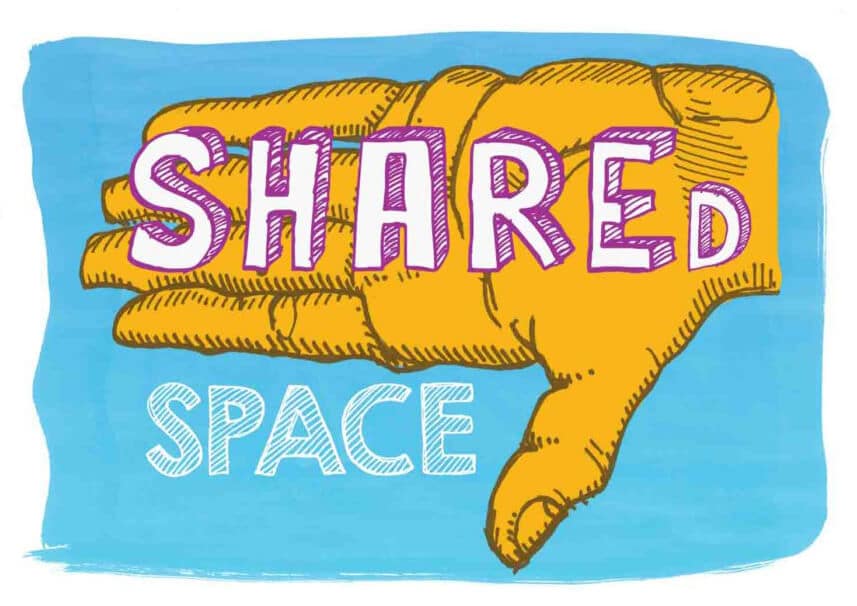 How to help yourself, and those around you
How to help yourself, and those around you
In March of 2018, Global News reported that nearly 40 percent of men and women in Atlantic Canada have, at one point or another, experienced sexual harassment.
Historically, many public counselling and human rights services have long wait times. Thankfully, Mount Allison students who have experienced sexual harassment can quickly access confidential services right on campus.
Sexual harassment includes any unwanted sexual behaviour or attention. Examples include subtle pressure for sexual activity; sexually suggestive gestures, notes, teasing or jokes; pressure for dates or for sex; inappropriate or offensive sexual remarks; sexually demeaning comments; sexual graffiti or offensive illustrations; requests for sexual favours in exchange for grades or other benefits; embarrassing attention or sexually suggestive favouritism shown by an instructor, coach or other person with authority and power over the subject; and disparaging remarks about one’s sex, gender, sexual orientation or way of expressing these.
Similar to Mt. A, most schools and workplaces have had policies concerning sexual harassment since the 1980s.
Those who have experienced sexual harassment have reported having further health-related problems. Effects can range from discomfort to devastation. They can last a short or long time, and often have a “ripple effect” of negative symptoms affecting others in the same living or study environment. In 2018, Occupational Safety reported that these health issues include increased levels of stress, sleep and eating disruption, and the development of anxiety and depression.
It is important to reach out if you feel as though you have experienced sexual harassment. Additionally, if you feel as though you have witnessed any form of sexual violence at Mt. A, speaking out and becoming an ally for those suffering can make a huge difference during the recovery process. To learn more about supporting others, consider participating in a training for Mt. A’s active bystander campaign, Take “A” Stand.
If you feel as though you are experiencing or have experienced sexual harassment, do not hesitate to contact SHARE at 506-540-7427 or [email protected]. SHARE will listen, believe you, support you, and provide confidential advice and referral to additional services if you so choose.
If you believe that there is an immediate threat to your safety, call 911. If you wish to file a complaint about discrimination or harassment based on sex, gender expression or sexual orientation outside the University system, you can call the New Brunswick Human Rights Commision (toll free) at 1-888-471-2233. SHARE has experience helping people complete human rights complaint forms and can help you if that is your preference and need.





